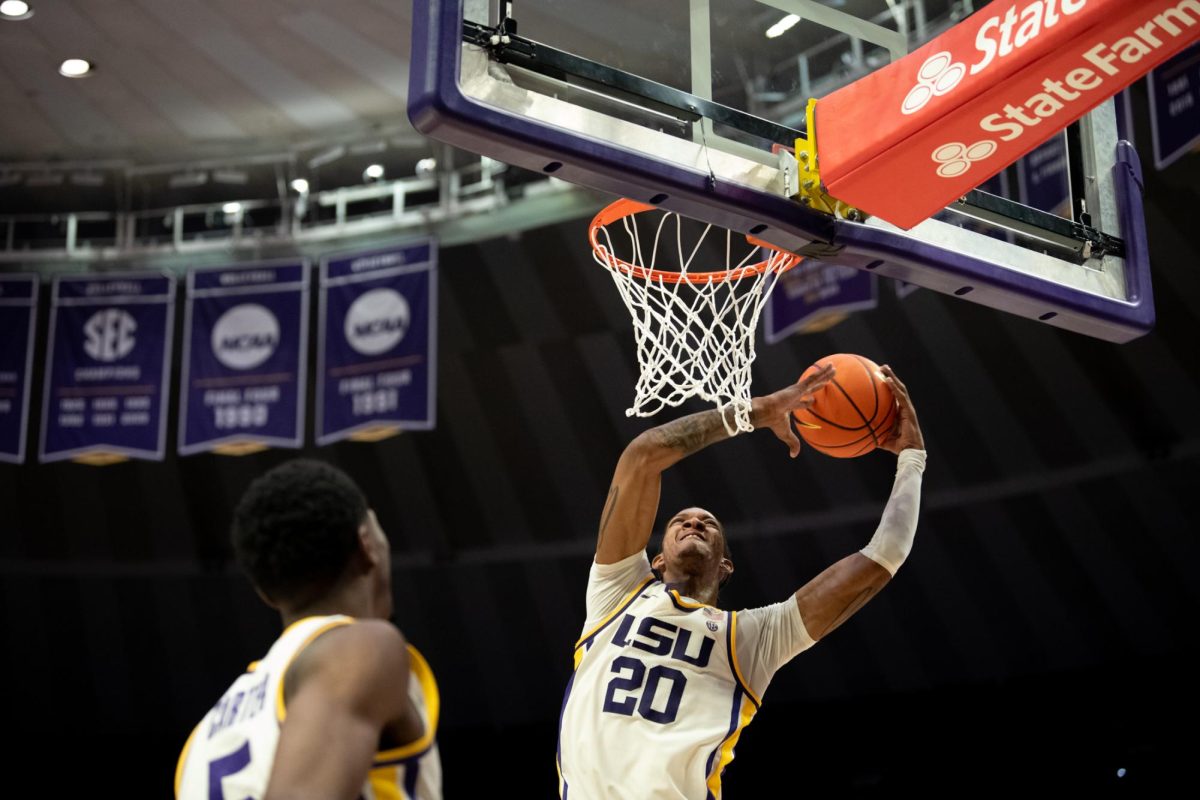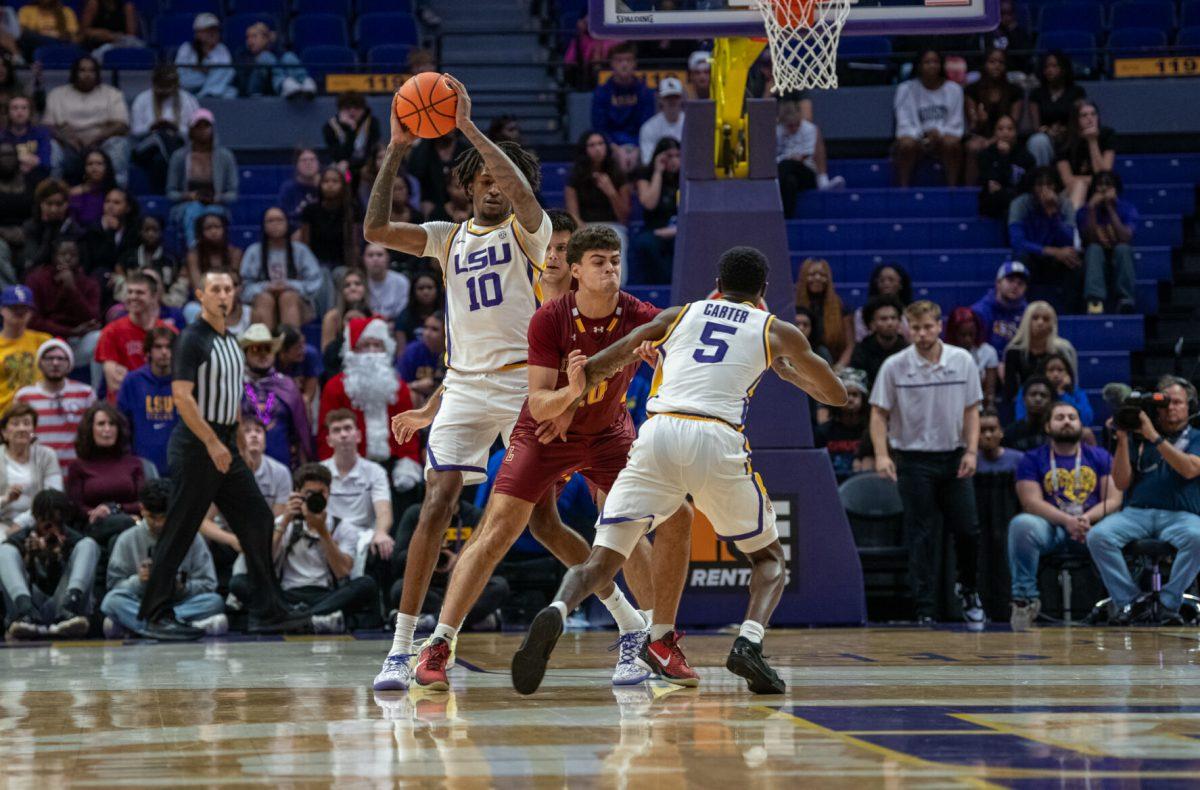The University is currently investigating the possibility of outsourcing the student, staff and faculty e-mail system to Google or Microsoft Windows Live. According to Provost Larry Nielsen, the University is looking to develop a system that combines all of the University e-mail accounts into one system. “We are currently looking at a series of options to create a more effective and efficient e-mail system,” Nielsen said. Greg Sparks, director of communications technologies, is in charge of coming up with the most viable solution for the University’s next generation e-mail system, Nielsen said. Communication Technologies (ComTech) handles the telephone, cable and networking needs of the university. According to the Chronicle of Higher Education, universities across the nation are outsourcing their e-mail systems to either Google Apps Education Edition or Microsoft’s Window Live @edu because students were already using similar services offered by Microsoft or Google. Both Google Apps Education Edition and Microsoft’s Windows Live @edu are free services. “I use my University e-mail account for all of my University-related business,” Brian Little, a senior in biomedical engineering, said. “But whenever I deal with my non-University business I use my Gmail account.” Accounts offered through Google and Microsoft can also be maintained long after the user has graduated, according to U.S. News and World Report. “I think the University should outsource its e-mail system to Google,” Jonathan Merlini, a junior in mathematics, said. “Google provides a great program for universities with five [giga bytes] for each student, a great spam blocker, Mobile Access, and as far as I know, it’s free to the university; and compared to what we have now, Squirrelmail, it’s hard to see why we haven’t made the move already.” According to Nielsen, the advantage of the University having its own e-mail system is that it can be configured to meet the needs of the users and that the reliability and privacy of the system can be ensured by the university. The University has investigated e-mail outsourcing before but decided against it due to concerns about how these companies stored and distributed their client’s information, he said. “We did not want our system and our user’s information to be compromised,” Nielsen said. “Whatever changes we will eventually undertake will aim to make our e-mail as reliable and useful as it can be.”





